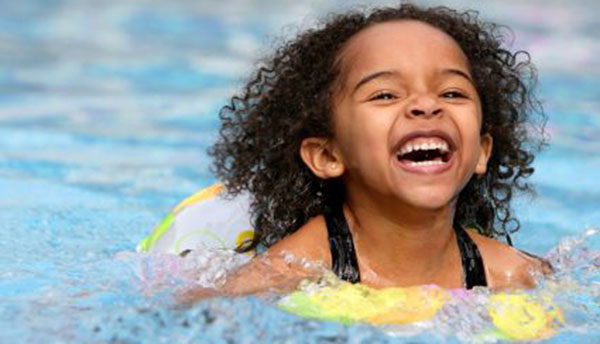By Donna de Levante Raphael
Pride Parenting Columnist
Summer is here and the combination of holidays, sunshine, water and children is a seductive but potentially a lethal mix. Tragically, drowning is still one of the highest causes of accidental death among children. Here are some tips on staying safe while having fun…
Actively supervise young children around all water
If you must leave, even for the shortest time, either take your child with you or designate a responsible adult to supervise. Make sure that the person supervising can swim themselves and will happily jump into the water to rescue a struggling child.
Be safety conscious at the pool
Check out the location of rescue equipment and first aid kits.
If you’re at a private pool, key the local emergency phone numbers into your mobile phone at the beginning of the holiday.
Flotation devices are not life savers
If you’re using one, do ensure it fits the size and age of the child and that you’ve adjusted the individual floats accordingly. A poorly adjusted flotation jacket is worse than useless and can be dangerous. Without adequate supervision, float rings can easily tip over and trap the child underneath.
Do not swim at beaches where there are large waves, a powerful undertow or no lifeguards
Make sure you know where the beach patrol/lifeguards are and their rescue ability. Learn water symbols and flags used to indicate current conditions of the beach.
Make sure everybody wears a lifejacket when boating or fishing
These are age and size specific. Both swimmers and non swimmers should wear a lifejacket.
Learn CPR (Cardiopulmonary resuscitation)
Seconds count in preventing death or brain damage.
Stay sober near water
Drinking can impair your supervision and swimming skills – especially when combined with the mid-day heat.
Finally, teach your children these water safety rules:
- Never swim alone
- Do not push or jump onto others
- Do not dive into water unless someone has already tested the depth and checked for underwater hazards.
- Do not run around the pool
And finally, teach your children to swim as early as possible.
Former writer and publisher of the parenting magazine I-Parent and women’s magazine Cayman Woman. Currently working on editing a new parenting media site and releasing a parenting book. To contact Donna de Levante Raphael: ontariowoman@gmail.com. For more parenting information visit -’Village Parent’ Facebook page. “Like” us on Facebook: www.facebook.com/VillageParent.
 Pride News Canada's Leader In African Canadian & Caribbean News, Views & Lifestyle
Pride News Canada's Leader In African Canadian & Caribbean News, Views & Lifestyle





